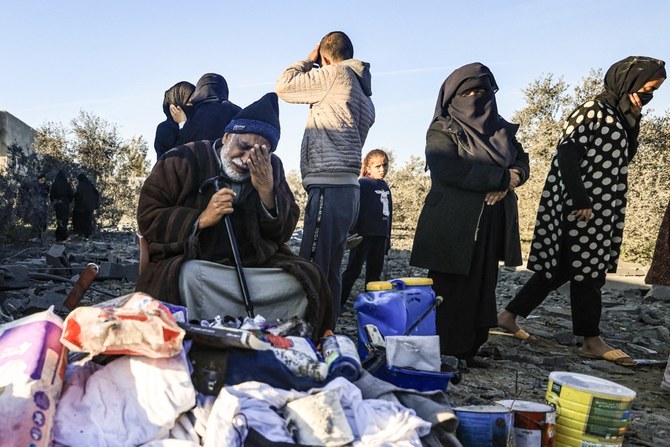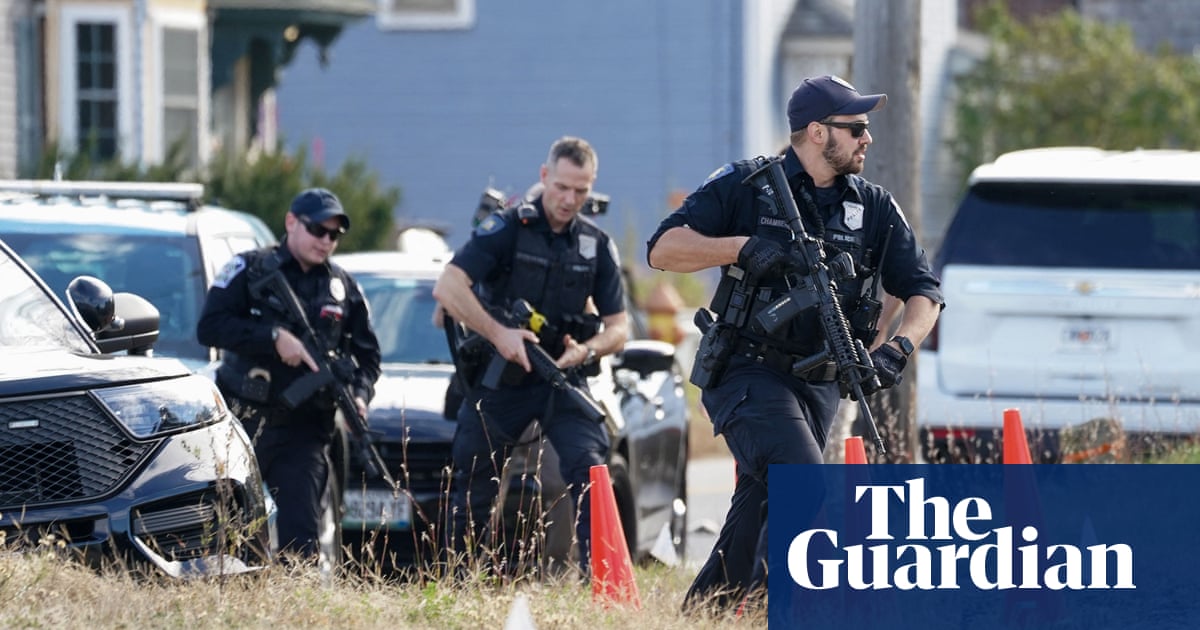
Picnics, sunbathing and unlimited rambles will be among the first activities to be allowed when the lockdown loosens, it emerged on Wednesday, after Boris Johnson announced that restrictions would begin to ease from Monday.
With the stringent restrictions due to be reviewed on Thursday – and details to be announced on Sunday – the prime minister is expected to change the rules so that people would be able to leave the house repeatedly in a single day, so long as they keep a safe distance from anyone from outside their household.
Government Twitter accounts meanwhile began broadcasting a new, more nuanced message on Wednesday – “Stay Safe, Save Lives” – with the stark “Stay Home, Save Lives” slogan set to be ditched.
However, government sources cautioned against expecting an imminent reopening of the economy, with one saying: “We just aren’t in a space of significant changes at all.”
The changes – which are likely to leave the public hanging on weather forecasts in the hope of conditions that will make more time out of the house possible – were mooted after Johnson said at prime minister’s questions that the government wanted to “get going with some of these measures on Monday”.
But the communities secretary, Robert Jenrick, said that there could still be localised lockdowns even as restrictions lift nationally, setting out “interventions in smaller, micro-communities where you’re seeing the virus take hold again”.
When the lockdown came into force, some experts were concerned that “fatigue” would set in if restrictions on the public’s daily lives were imposed too soon. But compliance was much higher than the government had anticipated.
Now the Conservative election supremo, Isaac Levido, has been helping to draw up the communications plan for “phase two” of the crisis, as Johnson has called it.
The Scottish first minister, Nicola Sturgeon, has said that allowing people to spend more time outdoors in “small, defined groups” was one of the five “initial options” Scotland is likely to pursue when the scientific evidence justifies lifting some constraints.
Scientific evidence suggesting transmission of the virus is less likely in open spaces has led ministers to focus on allowing more outdoor activities. However, pub beer gardens and coffee shops with outdoor seating are likely to remain closed, as are most shops, amid fears that it would be difficult for them to enforce social distancing.
Meanwhile the continued high number of new Covid-19 cases – 6,111 on Tuesday – is likely to deter ministers from more radical steps.
Since the lockdown began six weeks ago, the public have been urged only to leave their homes to buy essentials such as food or medicine; to exercise once a day; or to go to work if they cannot do so from home.
The restriction on exercise has seen police officers accused of overreach, for moving on lone sunbathers or scolding members of the public for taking a rest on a park bench.
The government has been urging local authorities to keep parks open where possible, and confirmed that businesses such as DIY stores and garden centres can operate click-and-collect services, where goods can be picked up while observing social distancing.
Significant changes in schools are also expected, with teachers and unions expecting that Johnson will on Sunday confirm the 1 June start date for schools to reopen, beginning with children aged 10 and 11 in year six.
Other primary year groups are expected to follow shortly after, and then for years 10 and 12 – the first years for GCSE and A-level courses respectively – to also return to secondary schools.
The decision means that pupils in England could return months before those in Scotland, after Nicola Sturgeon warned that Scottish schools may be shut until the end of the summer holidays. Scotland’s school year ends on 24 June, three weeks before England.
Questions remain about how schools in England will be expected to source personal protective equipment, especially for staff in reception classes where children as young as four require close attention.
In a joint letter to the education secretary, Gavin Williamson, the National Education Union and Parentkind – formerly the Parent-Teachers’ Association UK – warned “there is a risk of chaos and a greater spread of the virus” unless parents and staff were reassured about the safety of reopening.
Other measures still under consideration include the creation of social “bubbles”, allowing households to mix with a limited number of others. Downing Street has not ruled out this option – though some ministers are sceptical about how it could be enforced in practice.
One Whitehall source warned that if people failed to stick to the rules carefully, it could lead to “a catastrophic epidemiological demonstration of the rule of six degrees of separation”.
Ministers are also keen to get more people back to work where it is impractical for them to work from home, though draft guidelines for safe working have prompted a furious backlash from unions this week.
None of the changes announced on Sunday are likely to affect those with underlying health conditions, who have been asked to “shield” themselves from the virus by continuing to remain permanently at home.
The relatively modest shift is likely to infuriate Conservative MPs who have criticised the impingement on the public’s liberties and the economic costs of the lockdown.
Chair of the Conservative backbench 1922 committee, Graham Brady, has called for the lifting of “arbitrary rules and limitations on freedom as quickly as possible” and suggested the public had been “a little too willing to stay at home”.












